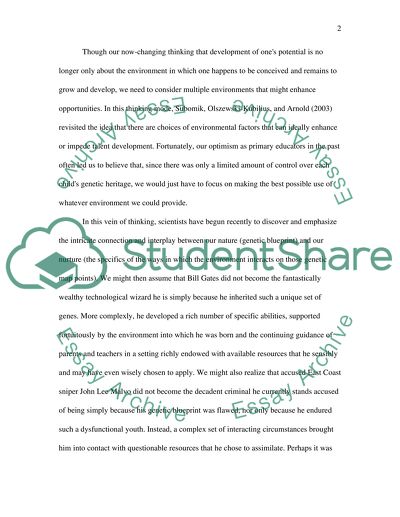Cite this document
(“Nature verses Nurture Debate: Is Criminal Behavior Inherited or Made Essay”, n.d.)
Nature verses Nurture Debate: Is Criminal Behavior Inherited or Made Essay. Retrieved from https://studentshare.org/science/1533783-is-criminal-behavior-inherited-or-made
Nature verses Nurture Debate: Is Criminal Behavior Inherited or Made Essay. Retrieved from https://studentshare.org/science/1533783-is-criminal-behavior-inherited-or-made
(Nature Verses Nurture Debate: Is Criminal Behavior Inherited or Made Essay)
Nature Verses Nurture Debate: Is Criminal Behavior Inherited or Made Essay. https://studentshare.org/science/1533783-is-criminal-behavior-inherited-or-made.
Nature Verses Nurture Debate: Is Criminal Behavior Inherited or Made Essay. https://studentshare.org/science/1533783-is-criminal-behavior-inherited-or-made.
“Nature Verses Nurture Debate: Is Criminal Behavior Inherited or Made Essay”, n.d. https://studentshare.org/science/1533783-is-criminal-behavior-inherited-or-made.


